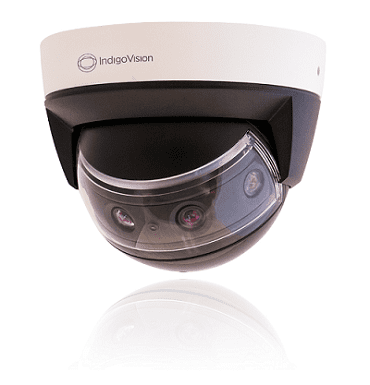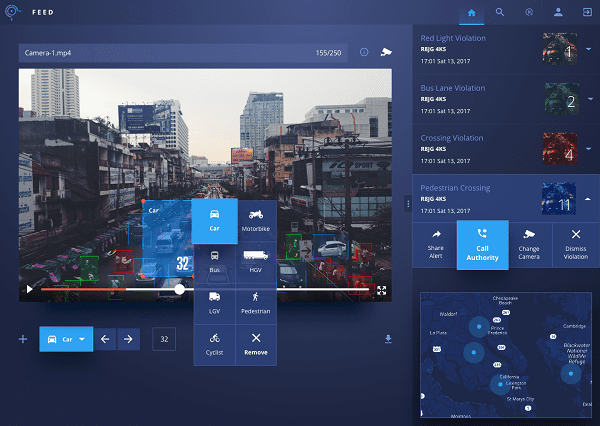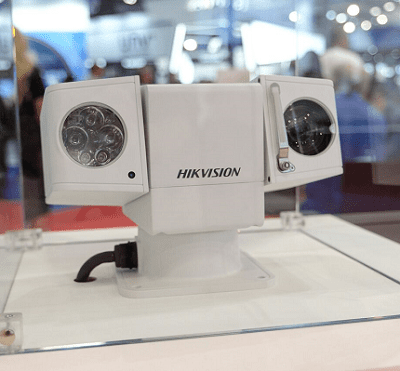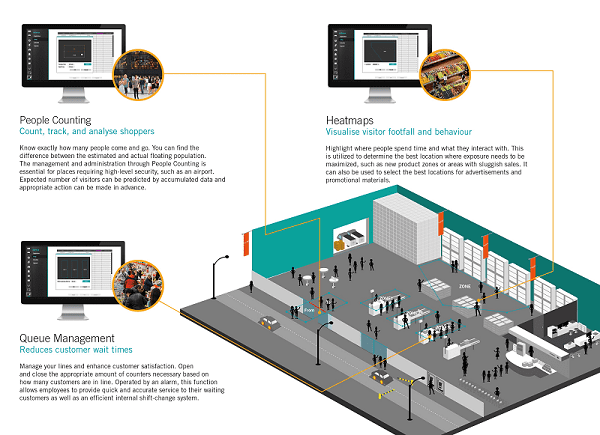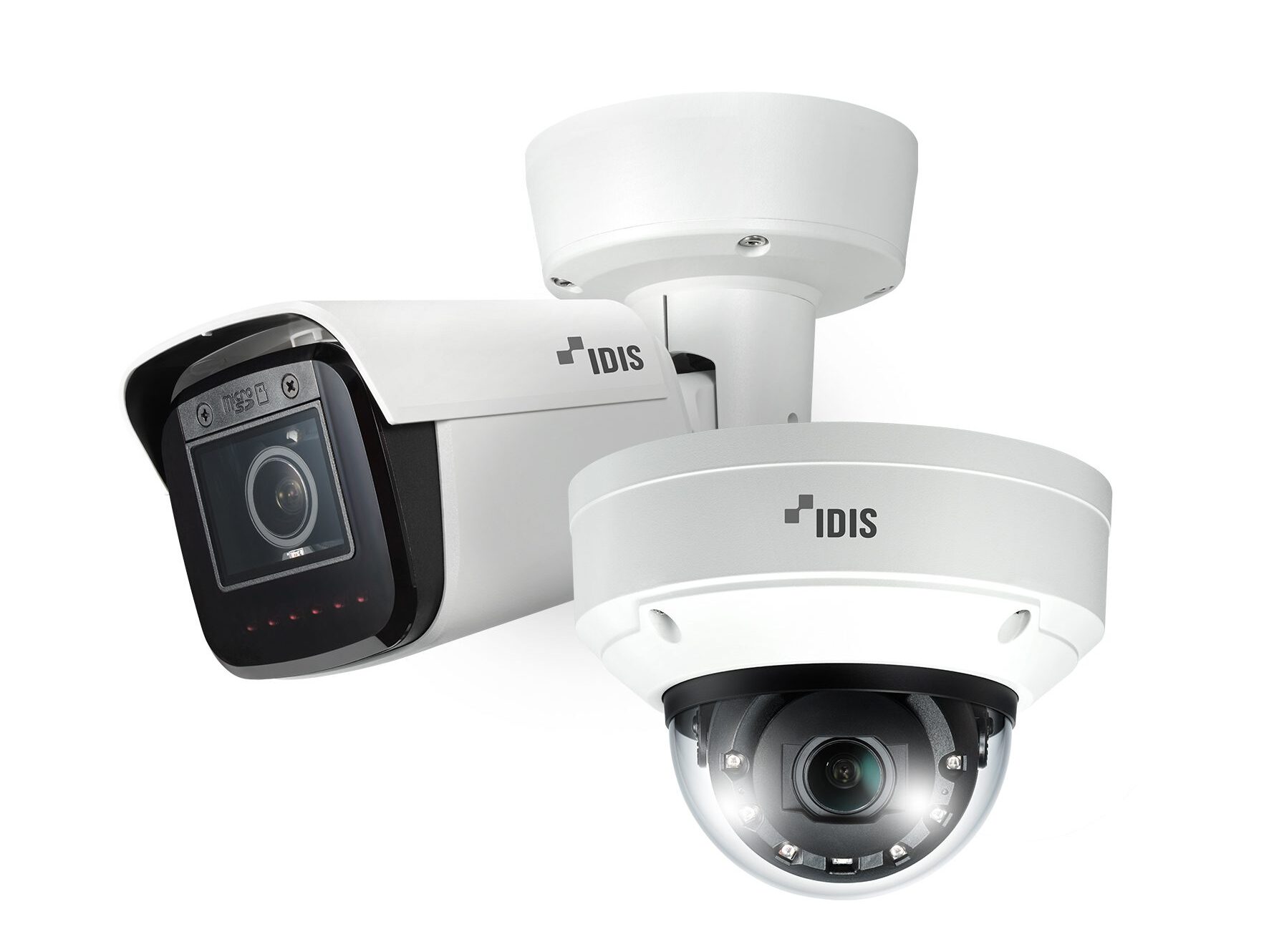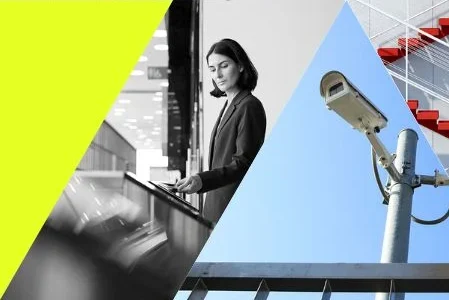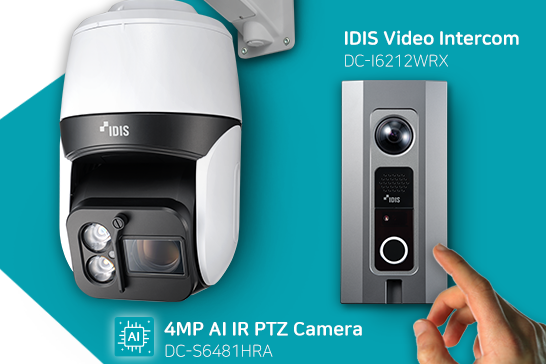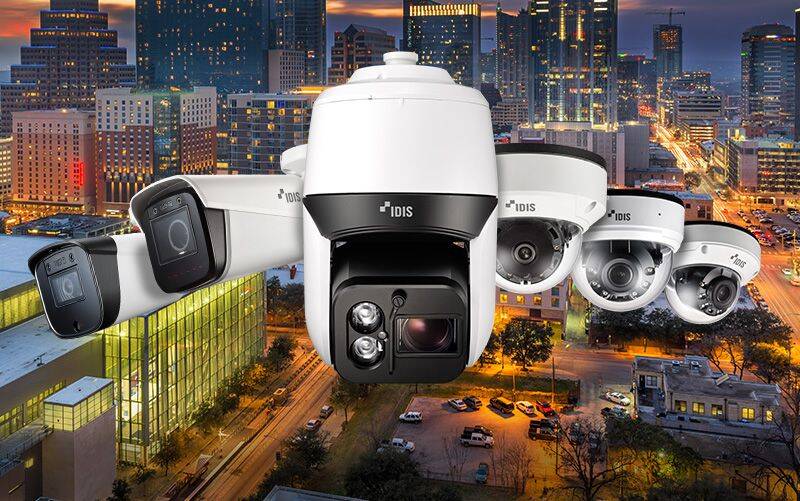IFSEC 2017: Following the path of innovation success and discovering new technologies
Annual international networking event IFSEC traditionally makes for the ideal platform to showcase new and emerging technologies, commanding a spot in the calendars of security professionals around the world. Hosted at London’s Excel Stadium from June 20-22, this year’s expo drew tens-of-thousands – but did IFSEC 2017 exceed expectations? Holly Payne reports.
By all accounts, the UK has this year been exceptional in the unprecedented number of consecutive security incidences that have taken place. In addition to the recent terror attacks in Manchester and London respectively, which have each resulted in multiple casualties, the emergence of rigorous online threats has amassed substantial unease from well-established industries, workforces and public institutions: last month’s ransomware attack on 48 NHS trusts brought some emergency services almost to a standstill; a “sustained” cyber-attack on Westminster last week was suitably pernicious to compromise Parliament’s robust security measures; and the current NotPetya virus has been so industrious that it has crippled factories, ports and offices, internationally. According to the government’s National Security Strategy, the threat from cyber-attacks from both organised crime and foreign intelligence agencies is one of the “most significant risks to UK interests”.
I may not be a seasoned IFSEC attendee, but given these factors, it’s hardly surprising that one of the most highly received products at this year’s show was IndigoVision’s CyberVigilant.
Initially showcased across the Atlantic at the international networking event ISC West in Las Vegas, the product is one of the latest creations to grace the company’s extensive security portfolio. The sophisticated technology can detect and monitor abnormalities that signify a potential data risk; by monitoring the flow of information, CyberVigilant is designed to work with control centres, detecting hacking or performance-affecting anomalies that undetected could cost companies their profit margins.
Marcus Kneen, IndigoVision’s CEO, said: “By applying our expert knowledge to your existing system, CyberVigilant provides a tailored solution to monitor your system and protect you from hackers.”
A leading developer of end-to-end video security solutions, IndigoVision’s presence at IFSEC failed to go unnoticed, drawing notable interest from crowds of spectators and industry experts. Few would argue that the company’s SMART.guard technology is not IndigoVision’s crowning achievement; boasting five layers of security, which includes cybersecurity, digital watermarking, NVR failover, RAID resilience and fault monitoring, the brand’s 3Gbps NVRs are hard to beat.
The trialing and testing of promising security innovations is both an exciting and successful feature of IFSEC International, and one that gives visitors a heightened sense of understanding around key security developments. To-date, the expo amounts to being the only large-scale security event taking place in Europe, as well as being the centre of the entire buying chain.
From live demonstrations of perimeter solutions, to analysing what the latest surveillance cameras can detect and record, embracing the rapidly changing security climate is key to success in the security field – a fact that IFSEC organisers have been quick to notice. One of their major highlights at the event was the “Drone Zone” – a patch committed to allowing spectators a unique look at the imaginative variations of drone now on the market.
Seizing on the spirit of fresh opportunity within the sector and the growing demand to meet the needs of tomorrow’s world, this year’s IFSEC was attended by a small number of start-up companies, hoping to make their mark and readily willing to allow visitors and fellow exhibitors the chance to explore their products. Amongst those that impressed me most were the ones whose specialisms surrounded Deep Learning and Artifical Intelligence (AI). Today there are approximately 250 million video surveillance cameras (CCTV) worldwide with one camera to every 11 people within the UK, yet the majority of video surveillance carried out by the police, military, transport operators and security, is still done by humans.
What this means is that there are increased chances of human-error at a time when security around the world is at its most critical point in history, with the manual viewing of huge quantities of video data being equally time-consuming, expensive and inefficient.
Given that this is the modern reality, Calipsa is one start-up that looks set to conquer the market. The company’s two co-founders Mohammad Rashid Khan and Boris Ploix are exemplary of the intellect and stamina that is required to innovate. They base their decisions around automating video surveillance using AI, comprising an expert team made up of those from renowned academic research from institutions, such as the University of Cambridge, Imperial College London and UCL.
Built on state of the art Deep Learning models, Calipsa has created algorithms that can process and analyse hours of video feeds to provide real-time alerts and detailed reports for applications, including traffic enforcement, road accidents, public disorder and monitoring of critical infrastructure projects. By utilising AI, those monitoring camera feeds are better placed to focus their attentions on what matters most, with better compliance a favourable outcome of improved monitoring.
Speaking to the Calipsa team at IFSEC and seeing up close how Calipsa works in a number of typical scenarios (from monitoring traffic flows and congestion, to incident detection, to the mass transit of airports, buses and train stations) I was reminded of the integrity of AI as a means of settling disputes. Still, around 53 per cent of the UK Police Scientific and Development Branch (PSDB) have found that human operators viewing one, four, six and nine monitors show accuracy detection scores of 85, 74, 58 and 53 per cent respectively, in picking up one person with an umbrella. By contrast, AI by Calipsa proves that evidence can be simple to produce, while offering little room for disagreement.
Mohammad Rashid Khan, co-founder and CEO at Calipsa, said: “Video surveillance has never been more critical in our society…IFSEC is our first real public showing of our technology and a fantastic opportunity to meet some of the key movers and shakers in the industry and hopefully connect with potential partners across Europe, as well as customers and prospects.”
Hikvision, a world leading supplier of innovative video surveillance products and solutions, follows in the same vein, the theme of their stand this year being based on how to pioneer AI technology for video surveillance. Key Account Manager for the UK & Ireland Andy Coles joined other industry figures on a panel discussion about the future of video surveillance, touching on AI Deep Learning, its use in vertical markets and the importance of the security ecosystem. Speaking of the event, he said: “Large events like IFSEC are important to us because they give us the chance to connect with our partners and customers…It’s also great to see what the industry as a whole is doing and to be part of its development into the future.”
By contrast, Arecont Vision used the international networking event to publicise the availability of three new product lines: the Arecont Vision SurroundVideo Omni G3 Omnidirectional Multi-Sensor Camera with Remote Setup; the MicroDome G2 Ultra-Low Profile Camera Series with Integrated IR Models and the MicroDome; and the G2 Ultra-Low Profile Camera Series with Integrated IR Models.
The latter offers a wide range of indoor/outdoor, day/night models with 1.2MP, 1080p, 3MP, or 5MP resolution choices. Its remote focus simplifies set-up and significantly reduces installation time, while SNAPstream technology limits camera bandwidth consumption in all MicroDome G2 with IR models without impacting image quality.
Meanwhile, IDIS launched its video analytics solution – VA in the Box. The company said the technology will give its customers access to information needed to make the best business decisions possible. The data generated gives retailers and other end users the opportunity to learn more about their customers, their behaviours, and their needs and demands. Its simple plug-and-play installation makes IDIS VA in the Box perfect for integrators and installers unfamiliar with complicated software-based analytics, said IDIS, and it requires little to no maintenance and ensuring a low cost of ownership for end users.
Finally, Wavestore demonstrated the latest features of its award-winning VMS on both the UniView stand (D750) and Vivotek stand (E500). The team also highlighted how choosing Wavestore can help reduce the total cost of ownership through provision of free technical support and flexible VMS Upgrade Bundles, which the company says enables its partners to stay up to date with the very latest features over time without signing up to expensive recurring support contracts.
Having spoken to numerous exhibitors, it’s fair to say that in spite of more than 10,000 security solutions going on display with more than 27,000 security professionals in attendance, there were some reservations surrounding IFSEC’s popularity. According to some sources, there were less opportunities for experts to come together and share their knowledge, with former IFSEC International expos producing a more dynamic climate. While it may be true that previous years have yielded a more favourable response from attendees, the rich and diverse selection of products available was fitting in being able to captivate the attentions of more individuals than not.
For me, finding out more about Dahua Technology’s early start on AI technology and how this has flourished was a key source of information – at last year’s G20 summit, China deployed a security solution developed by the company using AI and deep learning, resulting in the automatic screening of potential criminal suspects and airports and railway stations.
IFSEC International unarguably remains essential to the future of progress in the field. No doubt it will resume its former success in the years to come.
Were you at IFSEC? What did you think of the show? Did it meet your expectations? We’re keen to hear your views. Email [email protected] if you wish to comment.
[su_button url=”https://www.securitynewsdesk.com/newspaper/” target=”blank” background=”#df2027″ color=”#ffffff” size=”10″ radius=”20″ icon=”icon: arrow-circle-right”]Click here for more from Security News Desk Newspaper[/su_button]















